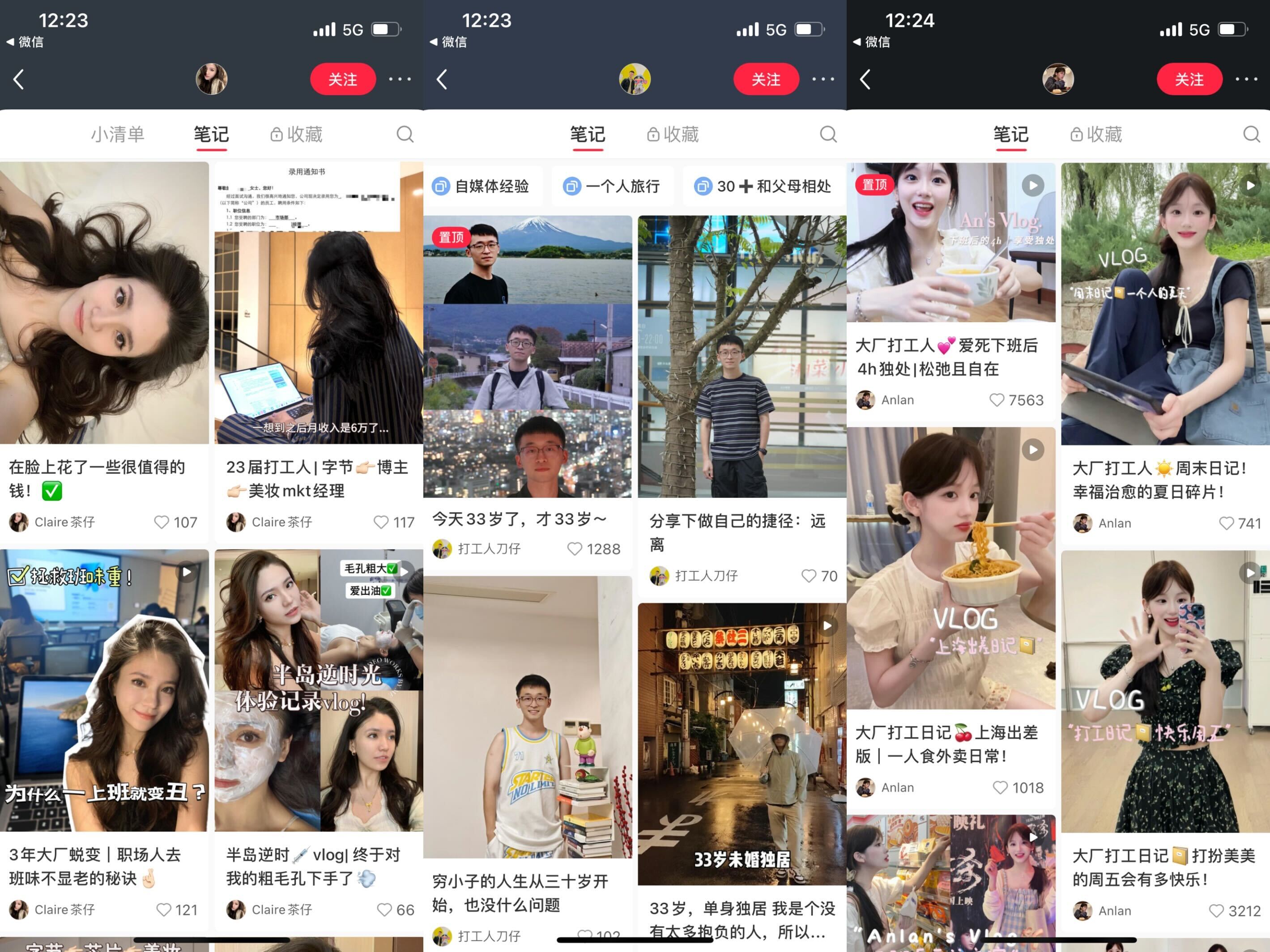As waves of post-pandemic burnout hit China’s workface last year, quitting became the cool thing to do, leading to viral “resignation parties.” The same phenomenon also created a surge of so-called “resignation influencers,” content creators whose online identities were tied to the act of quitting their jobs and exploring new avenues. However, only a year later, the trend has seemingly been reversed: at the beginning of August “Resignation Influencers Return to Work” became a trending search topic on Weibo, attracting 80 million views. Many influencers who made their names quitting corporate life have returned to traditional employment, disappointed by the realities of life as a content creator.
Many “resignation influencers” gained their initial popularity through posts stating that they would quit their jobs if they got a certain number of likes. After following through with their resignations they would document their lives after leaving corporate positions. This phenomenon highlights a significant shift in the attitudes of young professionals in China, where a stable job is traditionally viewed as a hallmark of success. The pressures of long working hours, high stress, and disproportionate compensation have led many to seek a different path — but evidently, some have found being full time content creator to be a step too far.

Some of these influencers expressed their disillusionment, saying that their new lives were fulfilling and more competitive than they anticipated. While some transitioned into roles like beauty or travel blogging, others have continued to share career insights and personal reflections from their time in corporate life, leveraging their previous titles at major tech firms. However, as time goes on from their initial departures, titles like “Former Alibaba Product Manager” can lose their sheen, leading to drops in audience engagement. Many influencers have also noted that their new ventures in social media have taken their weekends away from them, highlighting the complex balance between freedom and financial stability.
While these influencers initially captivated audiences with the promise of a liberated life, the reality they’ve found has often proved less idyllic than expected. Their return to the workforce underscores the enduring appeal of stability and the challenges of self-employment, especially as China goes through difficult economic straits. The reversal of the trend reveals that despite the allure of escaping conventional career paths, when it comes to personal and professional satisfaction, there’s no-one-size-fits-all solution for young Chinese workers.
Banner Image via Xiaohongshu


















